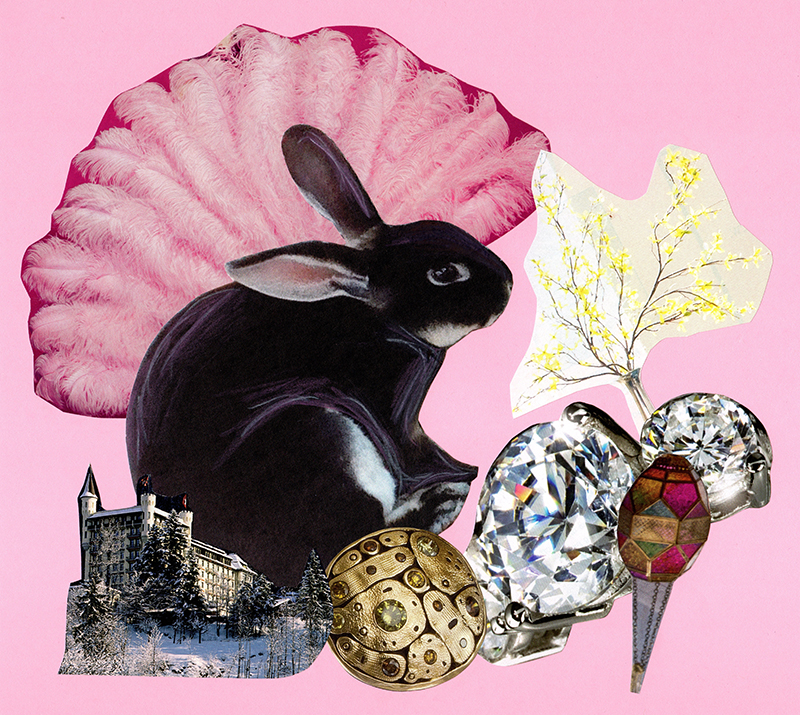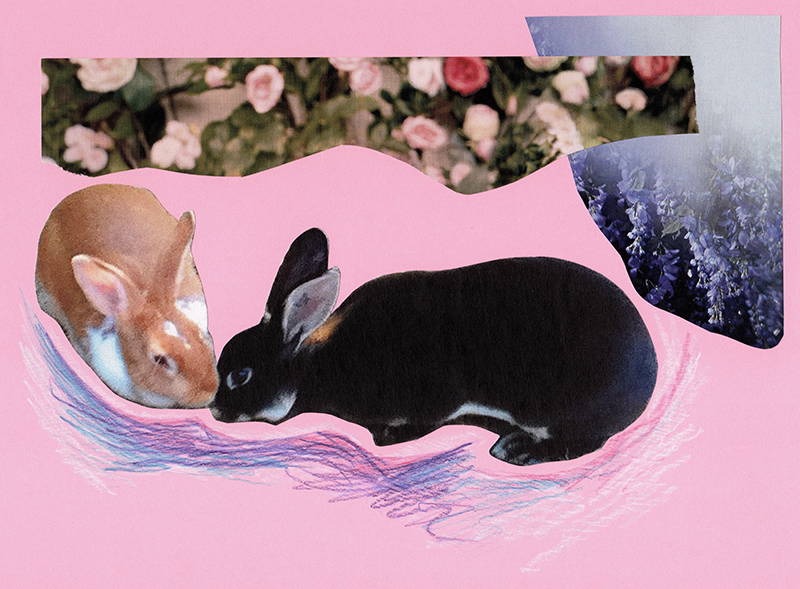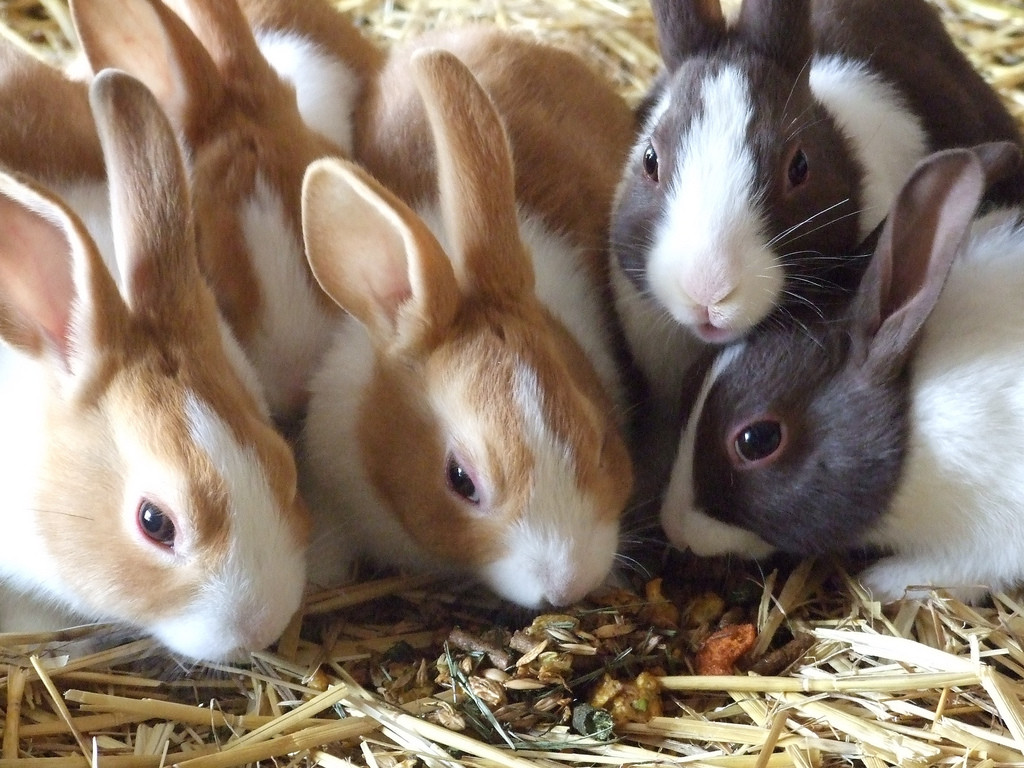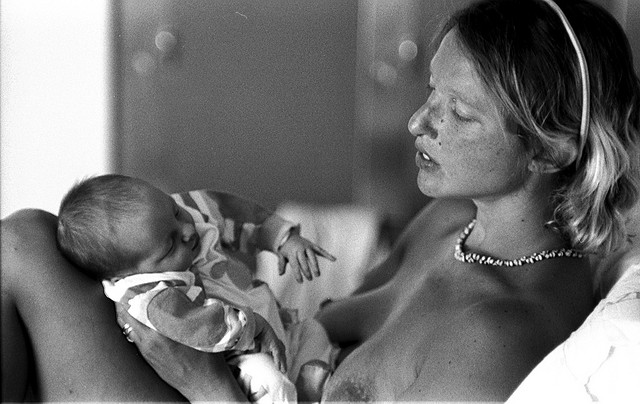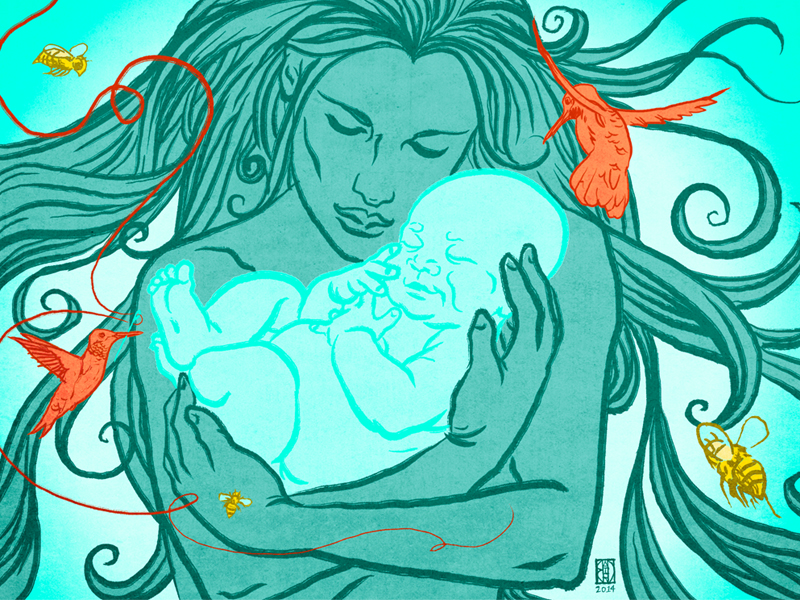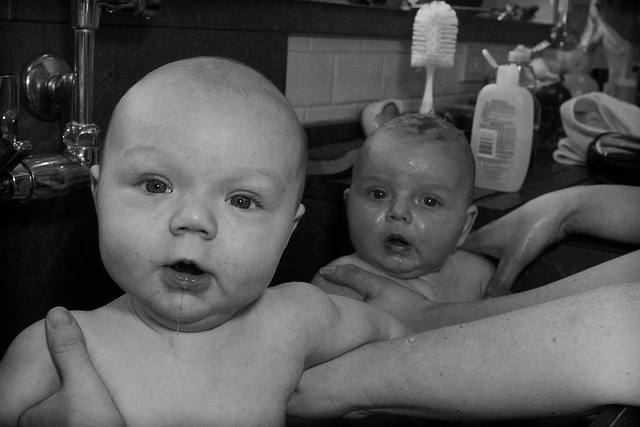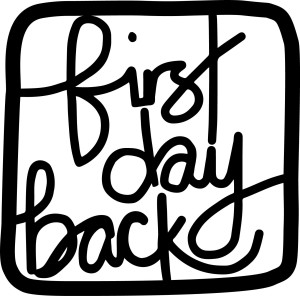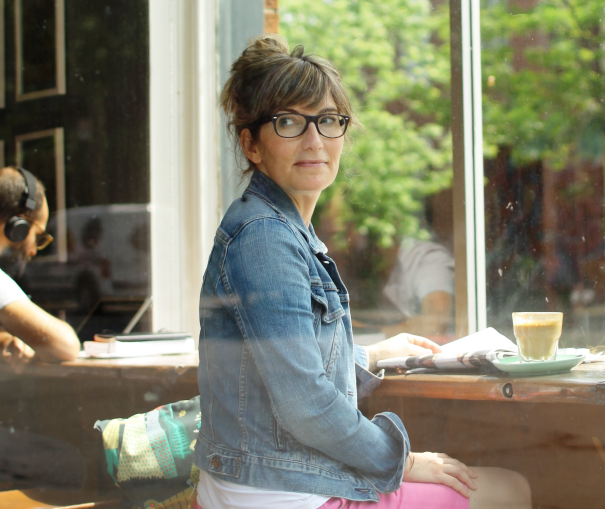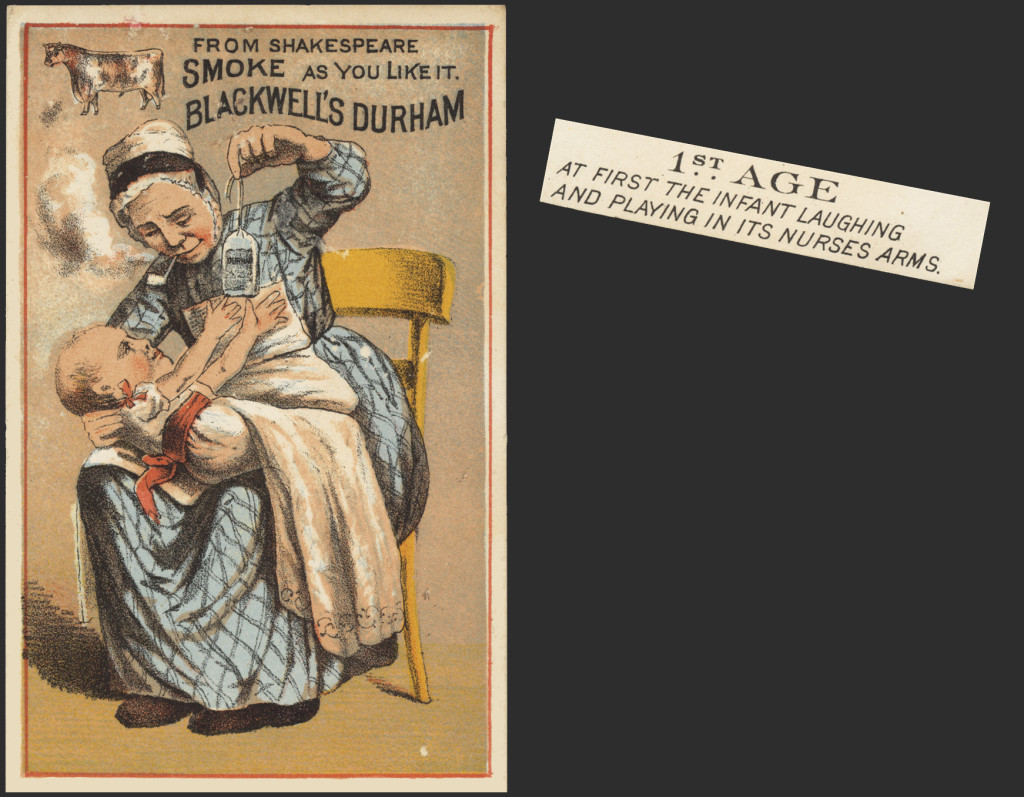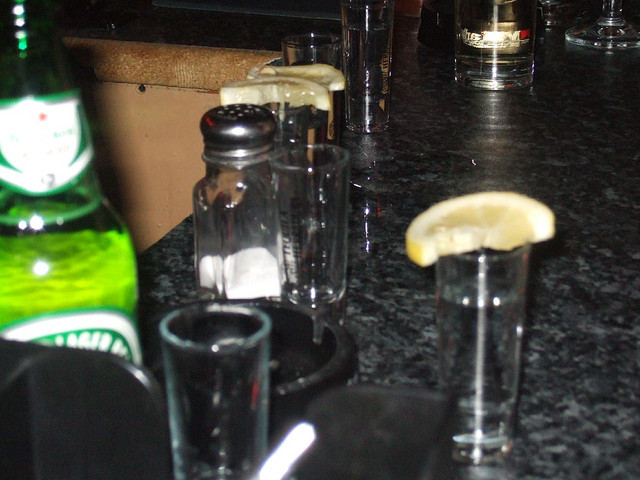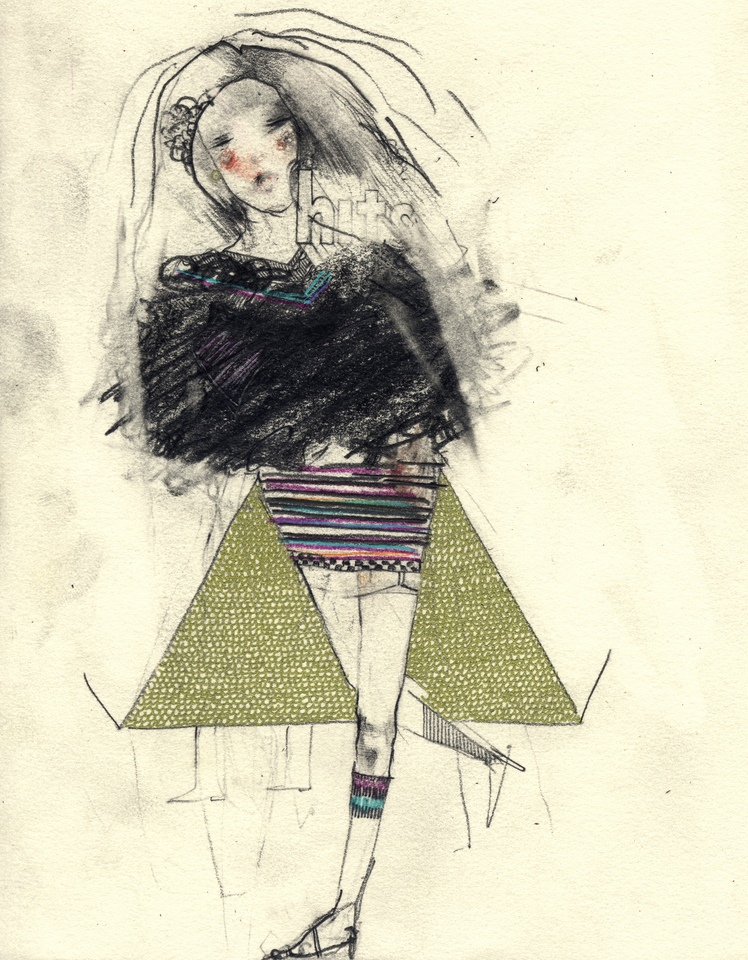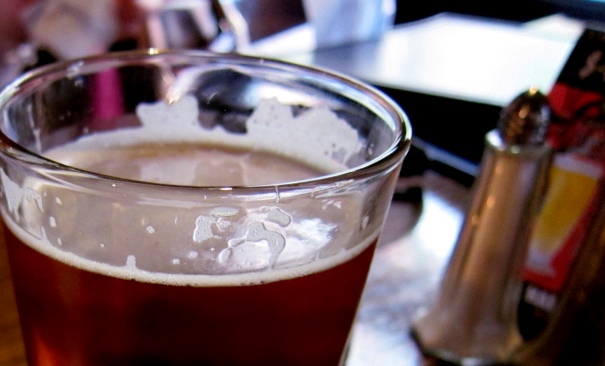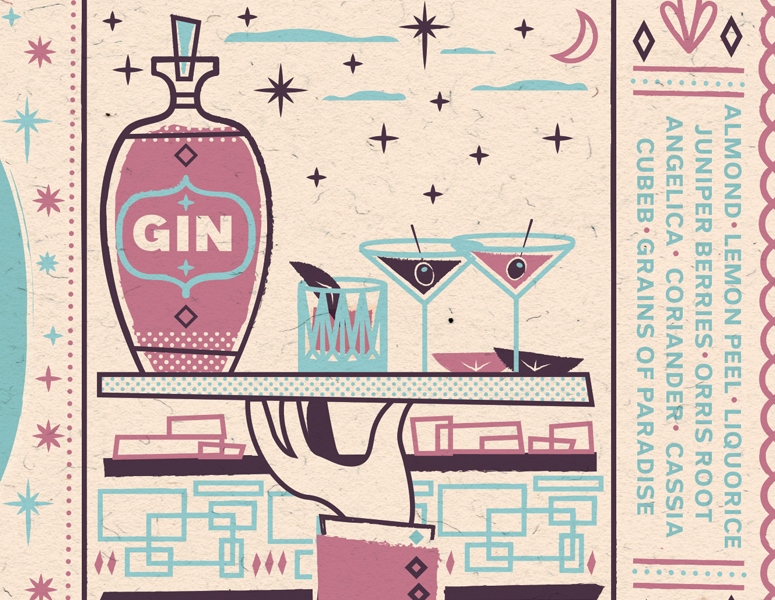We’ve reached the 11th month of 2018, so I can say that the theme of this year has been community. From my perspective.
What does the average specimen of Homo sapiens need to be satisfied with their group and their own prospects within it? What are we currently lacking, we atomized modern creatures? (Please read the whole Samzdat series.) I’ve been trying to figure that out, and although I’ve gained some insights, I can only speak authoritatively for myself.
The following is a personal account of anomie.
As young as I am at 24, I’m still astounded by the amount that I learn over relatively small timespans. Human nature has long fascinated me, but during the past year I have dealt with it more intimately and dwelled on it more deeply than in the past.
Notice that I use the word “it” and refer to human nature in general, rather than citing specific connections with individual people. I have deep emotional relationships with my fiancé and immediate family, but my friendships remain primarily intellectual. Even with my dear partner, I struggle to be raw and vulnerable when I’m not intoxicated. Alcohol loosens my tongue and enables me to express the sentiments that scare me.
I would say that I love my friends, and they greatly enrich my life. Yet I remain puzzled by the easy camaraderie and affection that people seem to share with each other. I don’t know how to put this into the right words, the words that would properly convey what I mean. It’s a discomfiting sensation because words are supposed to be my forte.
Over the past couple of years, I have become more familiar with that which I cannot articulate. I’ll try anyway.
Here’s what I want to tell you: I remember the profound closeness of my childhood and teenage years, when platonic intensity bound me to a handful of other girls. I didn’t fully appreciate those friendships at the time. I feel their absence acutely, and it hurts to remember, because I know what I’m missing. I still haven’t figured out how to make true intimacy part of my adult life.
I used that word earlier — I said that now I understand human nature “more intimately.” I wasn’t wrong, per se, but my peer-to-peer connections are anchored by shared curiosities rather than bare feeling. My friends and I have little bearing on each other’s hearts. If we hold more than that between us, it’s hard for me to see.
Again, I sincerely love my friends, but I don’t think that we know each other at the core. We rarely offer that level of exposure, although I suspect that most of us would readily accept it from someone else. Tossing around ideas is safer than revealing angst in less-than-sardonic terms.
I come across as an open person, as far as I can tell. People have commended me on it. I don’t think that I give the impression of being reserved. But I am; I have secrets that fill me with inexpressible shame. That’s normal. Usualness does not reduce the burden.
I think that my brethren — my fellow thinkers and discussers — tend to be afflicted in this way. We prize cleverness and abstraction to the extent that we suppress our yearnings for human-to-human communion.
On the other hand, I could be committing the typical-mind fallacy. (Is it ironic to include that caveat?)
I have a guess about why I’m pondering this subject, why I feel bereft of true connection beyond my partner and family. It’s probably because I’ve reduced my dose of psych meds. The underlying realities are the same, but how I weigh them has changed.
I’ve been taking venlafaxine for five or six years, since I was a teenager. The drug saved my life; I would be an addict on the streets or otherwise miserable without the boost that it gave me. At a time when I was mired in despair, venlafaxine restored my energy and optimism enough for me to drag myself toward adult functionality and eventually happiness.
Granted, the upgrade was accomplished with plenty of support. I still resent my parents for creating me without my consent, but the anger has lost its potency. I owe them an incalculable debt for helping to transform my life into a good one. My fiancé deserves gratitude as well.
Despite all of the complaints above, I am cheerful most days — often productive! I love my job, am thankful for my luck in finding it, and cherish the belief that I am helping to build a future where autonomy is paramount and accessible to all.
I hope that the trend will continue. I want to believe that my brain is going through some kind of chemical adjustment period and I’ll be able to come to terms with a self that has emotions surging under the skin. I want to feel what I feel without being overwhelmed.
It may turn out that I need to stop tapering. I may decide to jump back to 225mg daily instead of my current 150mg. I can’t pinpoint why I hope that my mental health won’t require a reversion.
As a transhumanist, in principle I see nothing wrong with relying on medical technology to feel okay. Apparently despite my beliefs I’ve been nursing a latent hope that venlafaxine actually “fixed” me over the past five years, as opposed to being a treatment that I will need… forever?
In conclusion: I’m glad that I wrote this blog post, but I’m slightly fearful of the reactions. Despite my trepidations (or perhaps because of them) I’m going to solicit thoughts from a few of the people I like and respect. It’s a way of being intimate — there’s that word again! — without addressing them directly.
Am I being cowardly or brave? I think the former. Laudable courage would be publishing the secrets that I mentioned before. Alas, that is more than I can offer, although I would readily accept such disclosures from others.
